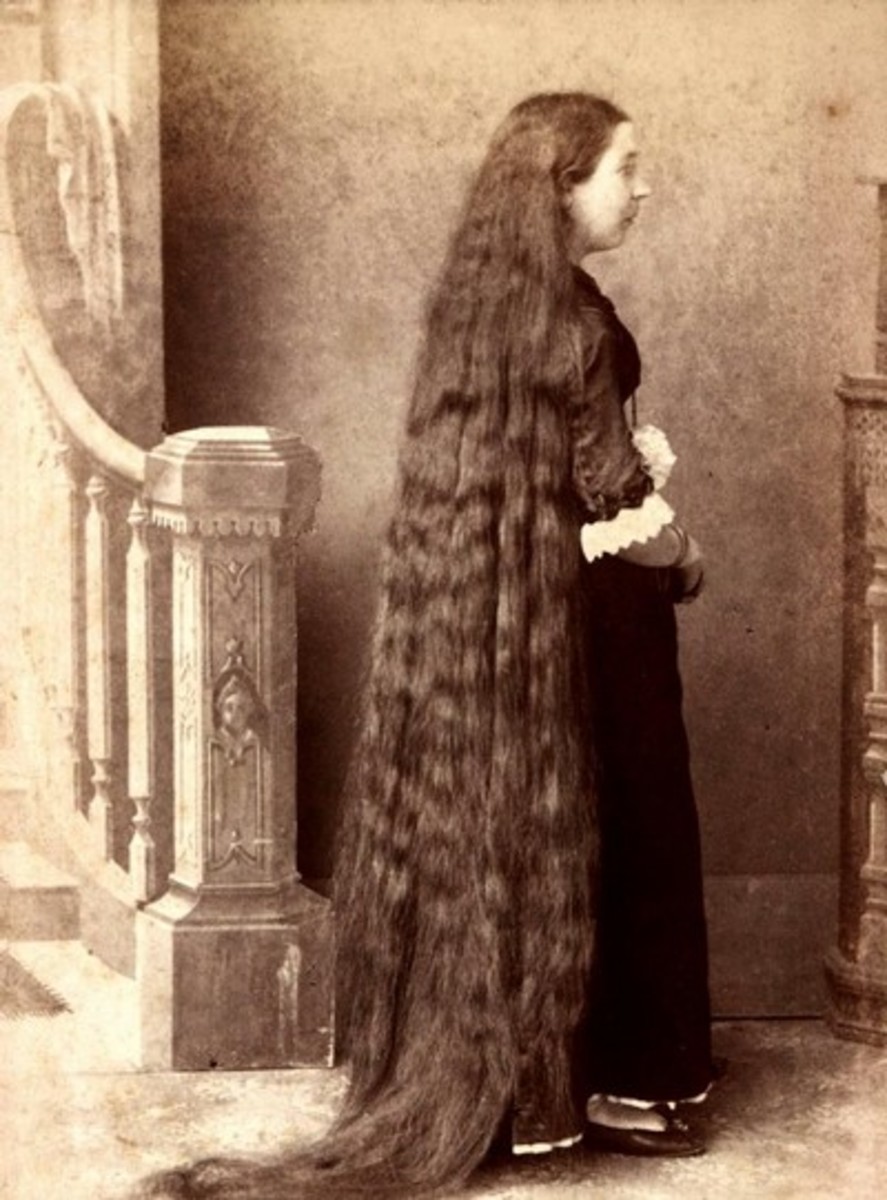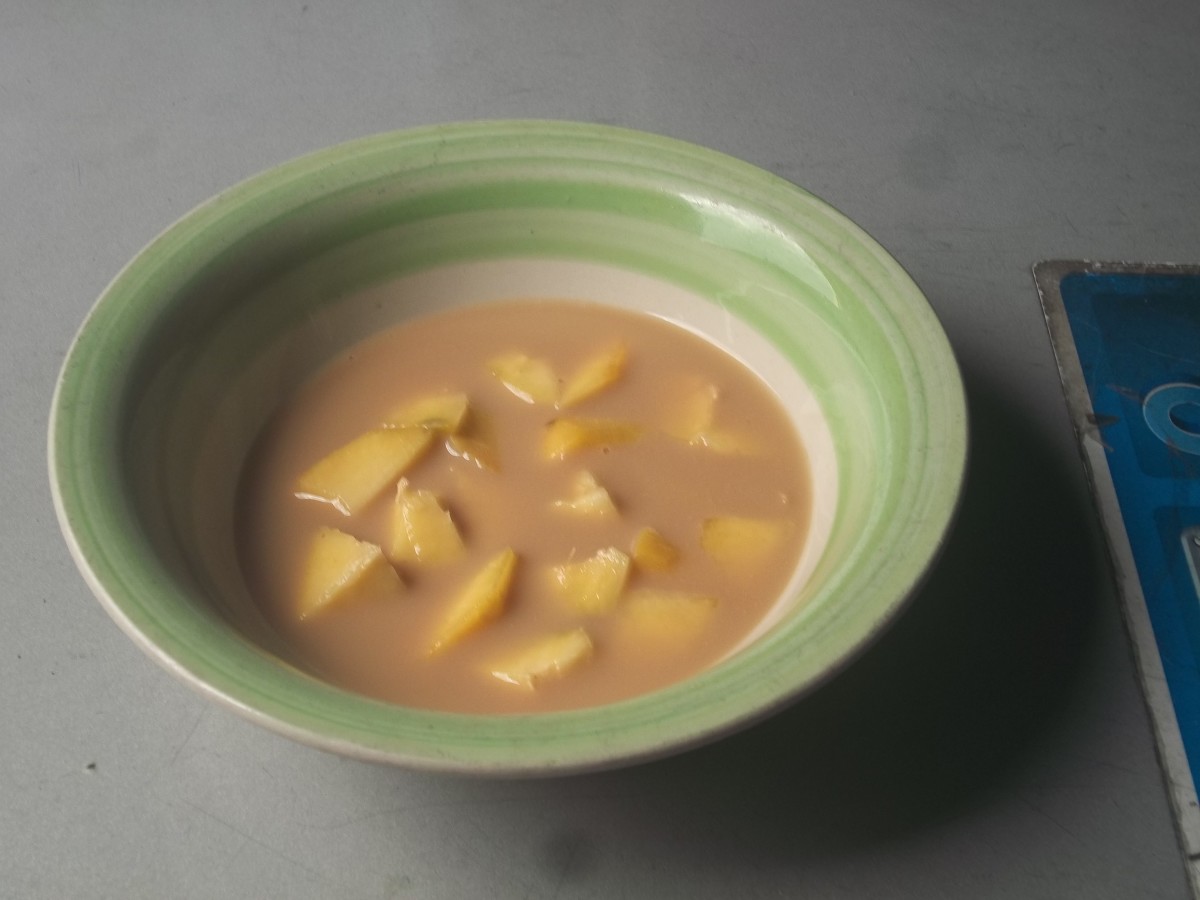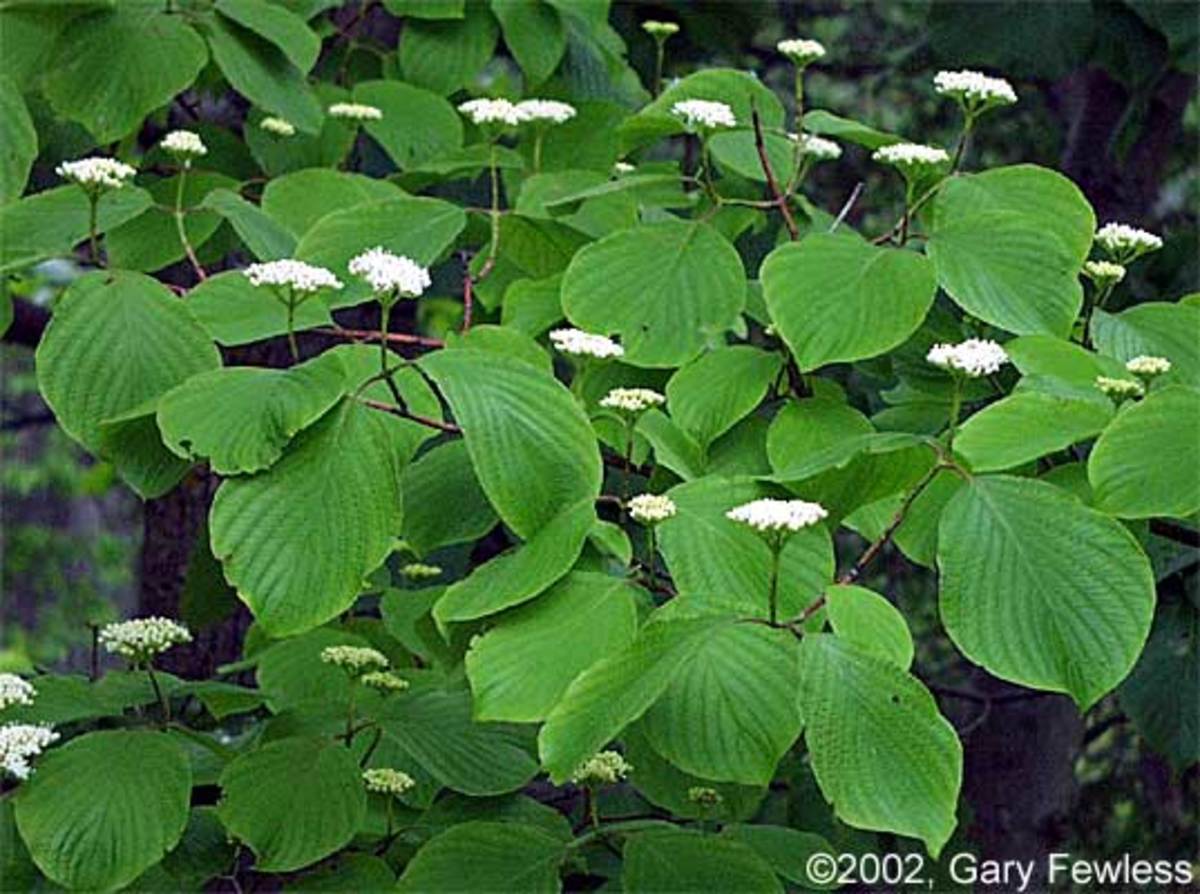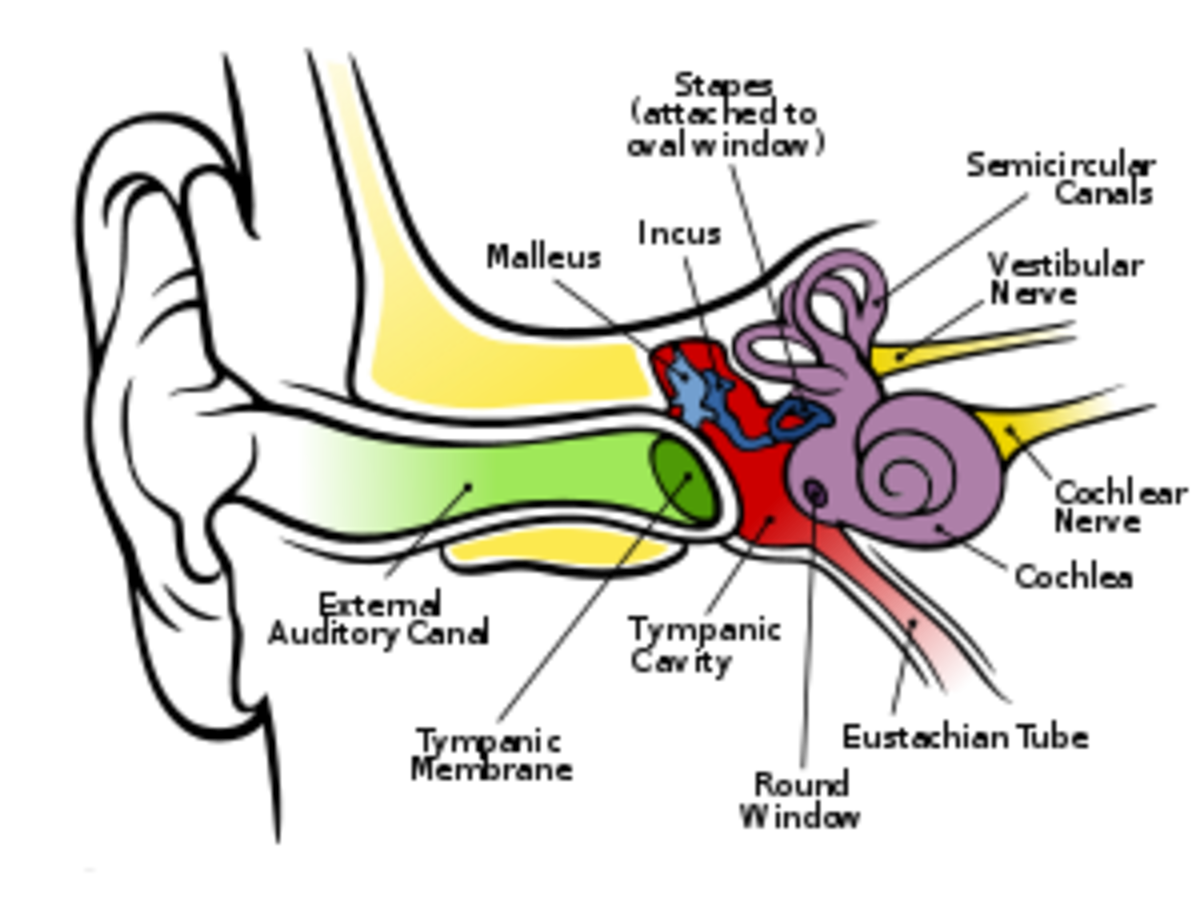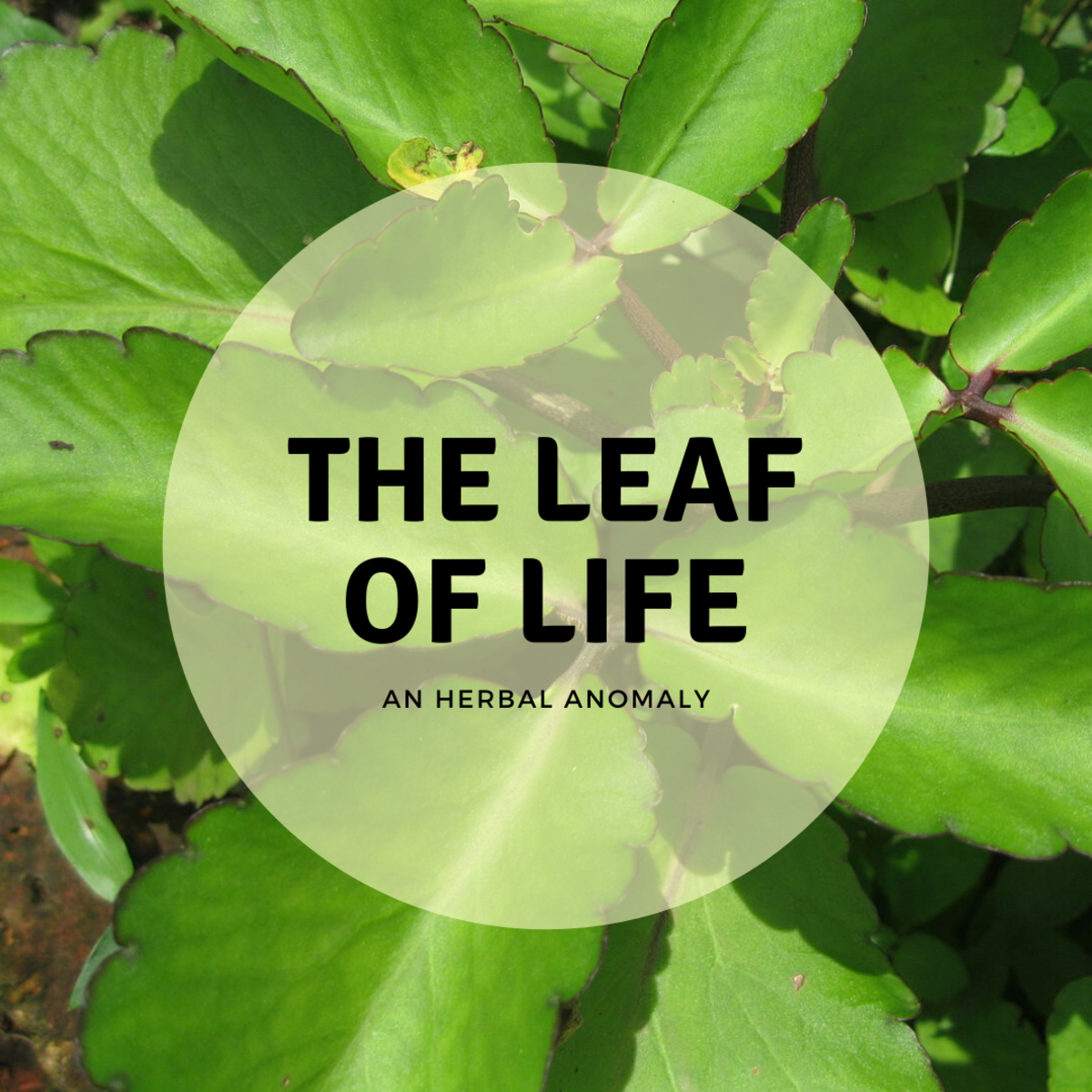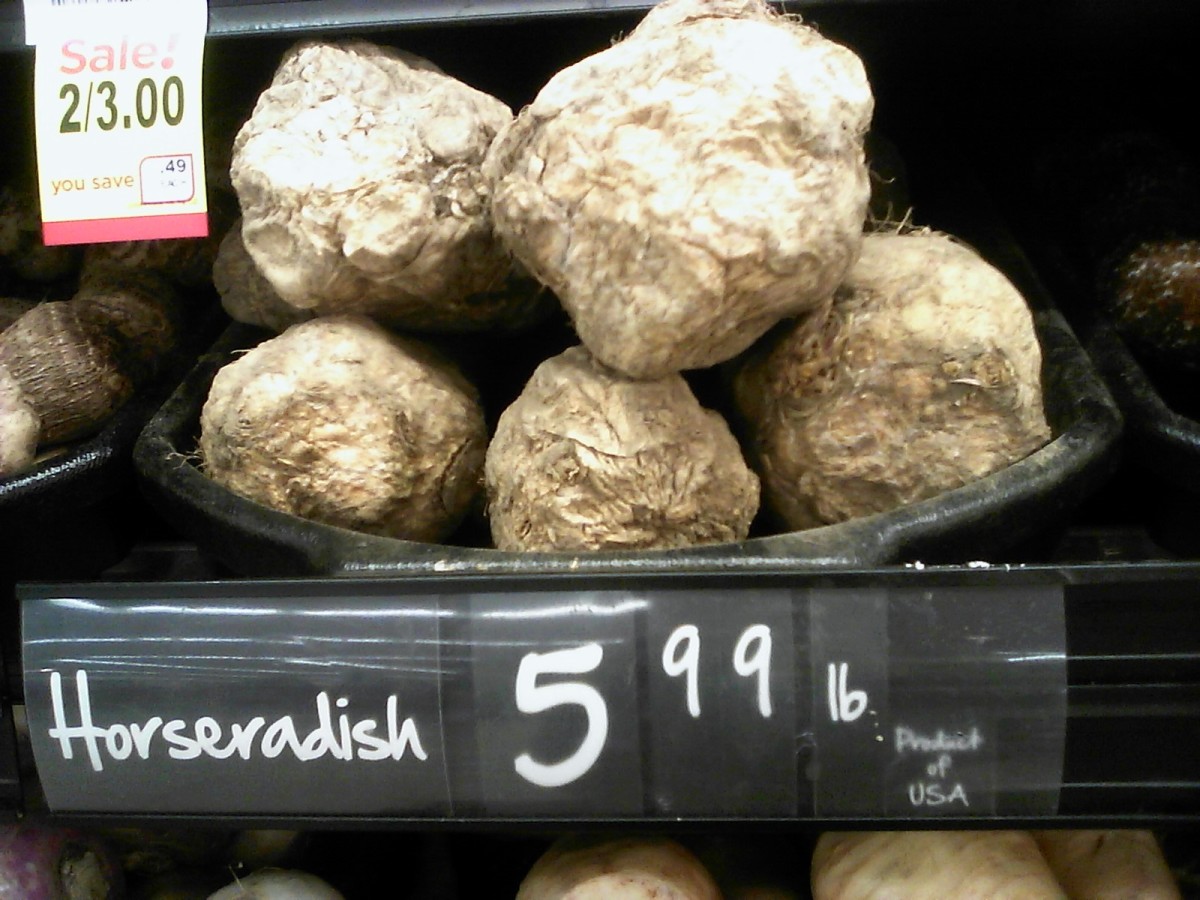Popular Herbal Remedies. Like Amaryllis Remedy.
Herbal remedies or conventional medicine?
Although the majority of the population still far and beyond favour conventional medicine, along side the usual widely accepted methods of treatment for illness, then any other alternative available, herbal remedies are experiencing ever increasing interest and use.
The high street is one very good example, with the opening of alternative health shops and practitioners with clinics, frequently starting up businesses at an ever increasing rate, with growing success.
The health secretary for the labour government in the UK, have also picked up on this trend and have been working on legislation to regulate herbal remedies along with other alternative complementary therapies, since the later months of 2001.
Herbal remedies even have the royal seal of approval in the form of the Prince of Wales, our very own heir to the thrown, Prince Charles no less. Taking the initiative to set up The Foundation For Integral Medicine, for the purpose of raising awareness of complementary therapies and remedies.
Prescribed medicine and orthodox medical practice is primarily still preferred by most because of the scientific principles, research, medical experiments performed and lengthy data that confirms the claims behind them.
However as already mentioned herbal remedies still very much have a place in society, among the ever increasing number of people seeking alternative or complementary treatment and pain relief, away from the allopathy route.
Some individuals, swear by them and not only find them preferential to traditional medication but encourage there use, they will quite gladly share with you their positive experiences with herbal remedies. Even to go as far as to share with you, details of what they use and exactly how it has helped them.
Unfortunately despite all this, herbal remedies are still often and rather unfairly dismissed as out dated, fake or ineffective. Yet statistics show that not only are they more popular and sought after then ever, they are also making there way into the mainstream.
The NHS currently funds alternative therapies and complementary medication, by contributing nearly 1% of it's annual budget.
Chances are your local General Practitioner, will be more then happy to refer you to a qualified alternative therapist if you so desired, as local doctors surgery's begin to diversify into other medical avenues as they gain credibility.
Nevertheless there is still the question of whether to opt for conventional medicine or choose herbal remedies, the official advice from government and health experts is not to abandon mainstream medicine, for use of herbal remedies exclusively, but to integrate or combine them, as seen to be beneficial from your GP and fully qualified therapists.
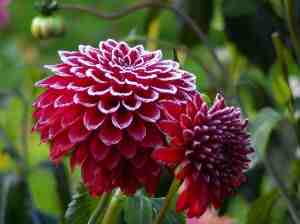
Commonly used ingredients and what they do.
As popularity of herbal remedies increases, so too does the choice and availability. This can be very confusing especially if you are new to the concept of herbal remedies, there are however a select few that crop up time and time again as being the most commonly used.
Hypericum.
Better known as St Johns wart, not the most attractive of names admittedly. However this herbal remedy increases serotonin and melatonin. Helping you to sleep and is a mild form of anti-depressant.
Siberian Ginseng.
This works with the adrenal glands, helping you to deal with stress and alleviates mood.
Agnus Castus.
Helps to restore hormone balance by raising progesterone levels. There are also claims it can help with infertility by decreasing prolactin levels.
Echinacea.
Also known as the purple cone-flower, is believed to help with a number of ailments including, colds, flu and a sore throat. With antiviral and antibacterial properties.
Meadowsweet.
Predominantly used for pain relief. Is an anti-inflammatory, mild urinary antiseptic and helps to aid digestion.
Milk thistle.
Is one of the best selling of herbal remedies alongside St johns wart. It is an antioxidant ideal for detoxing the body and a real tonic for the liver.
Camomile.
Can now be found in all kinds of products because of it's sleep inducing properties and it also helps to sooth nerves. Camomile tea is a great alternative to coffee.
Belladonna.
Helps with hot flushes, feverishness, headaches, earaches, sore throats and many other health problems. Also known as Amaryllis belladonna.
Adverse effects.
If any of the following symptoms occur when taking a herbal remedy, stop taking it immediately and seek medical advice.
- Swelling or the appearance of lumps in any part of the body.
- Persistent, severe stomach pain.
- Sudden and persistent changes in bowel and/or bladder habits.
- Trouble breathing and/or chest pains.
- Trouble with vision and or severe headaches that come on suddenly.
- Unexplained or dramatic weight loss.
- Blood found in urine or faeces.
- Consistent tiredness or fatigue.
- Experiencing any other symptoms that are unexplained, sudden and persistent.
What to be aware of.
- As with prescription drugs, over dose will have the most severe consequences.
- Always read the instructions of use and ingredients thoroughly.
- Check for any warnings or caution notices.
- Don't take anything that has no labeling or is not from a reputable source.
- Pregnant woman are advised at this time, not to take herbal remedies, as there maybe unknown effects on the unborn child.
- Always ask your GP for advice on a herbal remedy if you are on any other medication.
- Extra care and advice should be sought if you have recently received chemotherapy or radiotherapy.
- Similarly those with heart problems or asthma, need to be especially careful.
- Allergies also need to be taken into consideration as they may also bring on adverse reactions to certain herbal remedies.
- Don't take anything if you are in any doubt, that it may be of harm.
- 14 tricks to getting kids to eat healthy fruit and v...
As a parent your child's health is of great importance to you, one of the major contributors to a child's healthy development, alongside play, education and exercise is of course a varied diet. One which includes, calcium, iron, omega 3, as well as.. - What are the health benefits of watermelon and water...
The watermelon is so called because it holds about 92% water, which means that it is low in calories and virtually fat free. But don't be fooled into thinking that is all it is good for. It also boasts a high GI of 72 and a low GL of 10. It is low... - Health benefits of pineapple like bromeliaceae and p...
Sticking to a healthy and varied diet is easier then even due to the sheer volume and availability of produce on the market. If you are considering adding more healthy food options to the family shopping list. Or considering a change in your dietary. - Health Benefits Of Brussels Sprouts, Including Nutri...
The Brussels sprout is closely related to the cabbage, which is not really surprising as they look like miniature cabbages. If you ever wondered if they are named after Belgium's capital then you would be absolutely correct, because they are. The...



